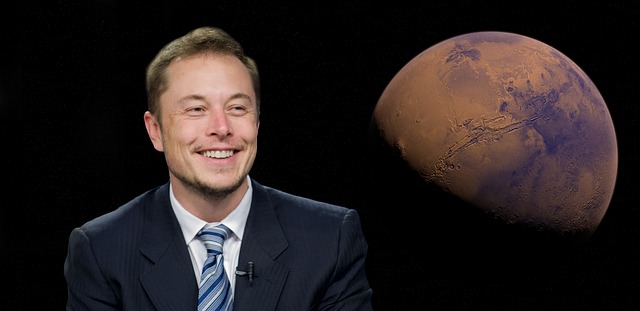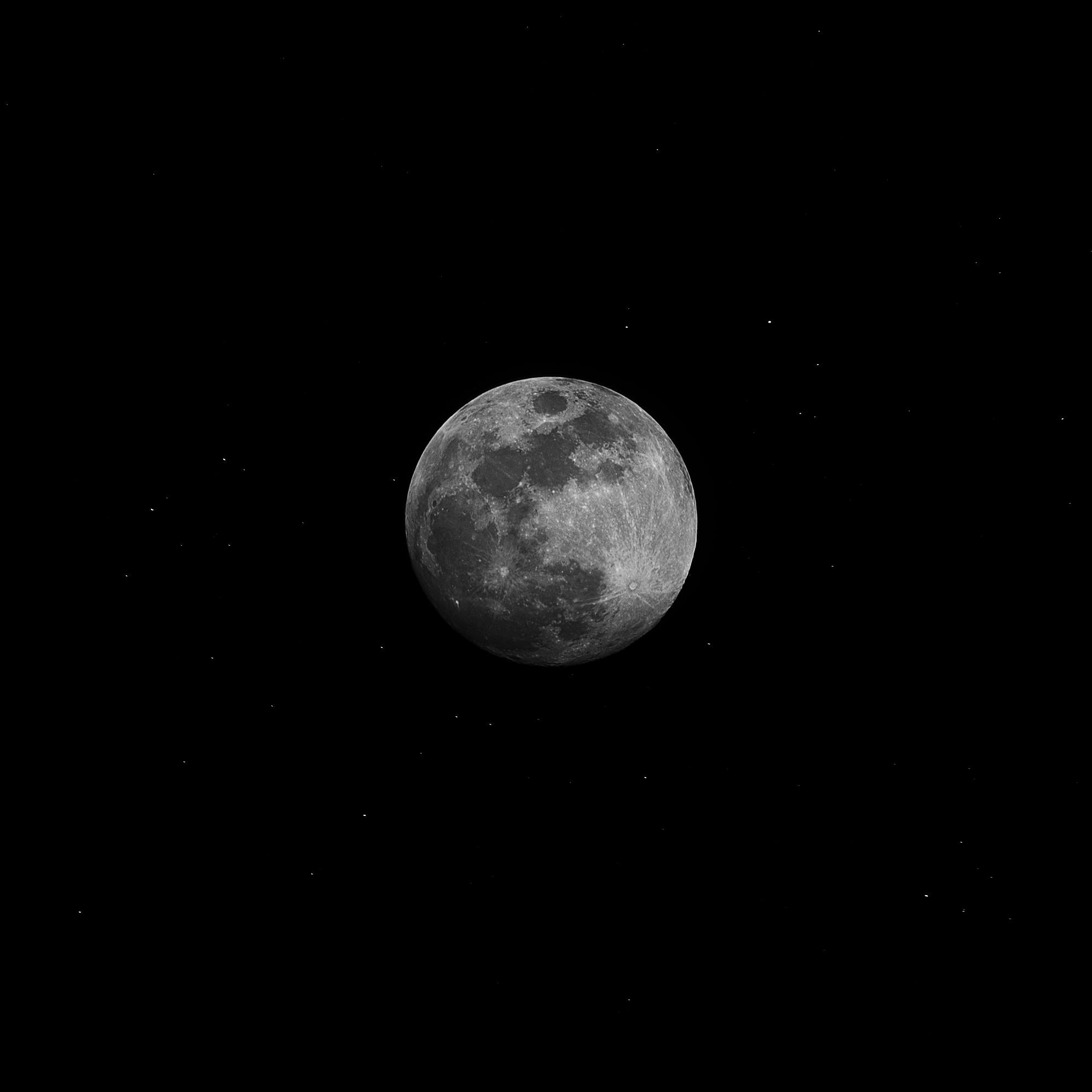
This was the message and social media hashtag that circulated for days in Venezuela and beyond its borders. It was about Rocío San Miguel, a human rights activist and a prominent critic of Nicolás Maduro’s government. She was arrested last Friday, but it wasn’t until Sunday that the Attorney General, Tarek William Saab, confirmed her detention, accusing her of being involved in a supposed conspiracy to assassinate the Venezuelan president. On Tuesday, she was brought before the courts on charges of treason, conspiracy, terrorism, and association with criminal activities, but she was unable to communicate with her legal team.
Four days after her arrest, her lawyers finally found out that she was being held at the Helicoide, a prison run by the Bolivarian National Intelligence Service (SEBIN). She was charged with treason, conspiracy, terrorism, and association. San Miguel, who is the director of the NGO Control Ciudadano, was not the only person detained over the weekend. Her daughter, two brothers, ex-husband, and another former partner were also detained. Four of them were released on bail on Tuesday, but with restrictions on leaving the country or speaking to the media, and they are required to appear in court periodically. In contrast, Alejandro González De Canales, San Miguel’s ex-partner, remains detained at the Directorate of Military Counterintelligence (DGCIM). Both San Miguel and González have been incommunicado since their arrest, and their health conditions are unknown. They have not had access to private defense.
Various Venezuelan NGOs have denounced these detentions as part of a “pattern of political persecution”. They argue that this pattern has intensified in recent weeks. So far this year, 36 people critical of the government have been detained, not counting those connected to San Miguel. All of this is happening in a year when, although the date is still unknown, presidential elections are expected to take place. This situation is also unfolding amid ongoing discussions and negotiations in Barbados between Maduro’s government and the opposition, aiming to ensure that the elections are free and fair. For human rights groups, this situation represents a step backward, as evidenced by the disqualification of opposition candidate María Corina Machado.
The Case of San Miguel On February 9, San Miguel was at the Maiquetía airport in Caracas when she was arrested. The security agency responsible for her arrest is currently unknown. On February 11, in the afternoon, Attorney General Saab, who has been criticized by the opposition for being an ally of Maduro, confirmed the activist’s detention. Saab accused her of being “presumably linked and referenced in the conspiratorial plot and attempt at assassination called White Bracelet, whose objective was to attempt against the life of the Head of State Nicolás Maduro and other high officials.” He also mentioned her connection to an attack on several military units in the country. Saab stated that the arrest procedure was in accordance with “the Constitution, the laws of the Republic, and national and international norms for the protection of Human Rights”.
San Miguel has been under a precautionary protection measure from the Inter-American Commission on Human Rights (CIDH) since 2012. This organization has condemned “the forced disappearance of the defender,” as there has been no information about her place of detention. They have asked the Venezuelan State to “inform about her whereabouts and ensure respect for her judicial guarantees and presumption of innocence.” The United Nations High Commissioner for Human Rights has also demanded her “immediate release”. “This particular case involves the prosecutor (Saab) being complicit in a forced disappearance. This has never happened before,” says Óscar Murillo, director of the NGO Provea, in an interview with BBC Mundo.
According to government sources, Rocío San Miguel’s case is linked to operation “White Bracelet”, a supposed conspiracy that took place in Táchira, a state in western Venezuela bordering Colombia. This plot was first mentioned in January when Nicolás Maduro spoke about it in his annual message to the National Assembly, which is controlled by Chavismo. Maduro stated that the objective was to assassinate him, as well as the governor of Táchira, Freddy Bernal, and the Minister of Defense, Vladimir Padrino López. Both Attorney General Saab and Padrino López mentioned that there have been several plots against the government since 2023, which they consider a “continued conspiracy”.
In January, it was reported that 33 military personnel participated in operation “White Bracelet”, according to Defense data. Several arrest warrants were also issued, including for Sebastiana Barráez, a journalist from the military source, and Tamara Suju, a lawyer and human rights defender. However, both are currently outside the country. “The government intensified repression against different actors. We already have 36 detainees, including civilians and military personnel, and 22 with arrest warrants so far this year,” Murillo points out. This is in addition to San Miguel’s detention and her family group, which adds up to 41 people.
“There is an ongoing spiral of abuses that seems to worsen over time. It seems that the government wants to distract public opinion from the uncertainty surrounding the electoral panorama,” Murillo opines. Although the electoral date or schedule is still unclear, presidential elections are expected to take place this year. According to Eduardo Trujillo Ariza, director of the UCAB Center for Human Rights, “being an electoral year, there is an increase in political conflict in Venezuela”. He argues that “the persecution for political reasons in Venezuela has intensified, and there is a pattern of this.” Recent attacks on opposition political party headquarters or “the detention of spokespeople from some parties, belonging to the group of María Corina Machado,” as Murillo points out, are evidence of this.
Machado was elected in primary elections to be the opposition’s representative in a presidential call. However, the Venezuelan justice system disqualified her. At the same time, several members of Machado’s party, Vente Venezuela, are among those accused of conspiring against Maduro in operation “White Bracelet”, and at least three of them have been detained. Machado claims that this is a campaign to intimidate her and repress any opposition to Maduro, who has been in power since 2013. After Machado’s disqualification was confirmed at the end of January, the United States government began to reimpose economic sanctions on Venezuela after having relaxed them at the beginning of 2023 following yet another rapprochement between the opposition and the government in the Barbados Agreement.
Murillo and Trujillo Ariza argue that the increase in persecution is not only limited to people around politics but also covers public dissent against Maduro, as seen in San Miguel’s case. “It speaks to us of a policy of closing the civic space, which is the advance of a law that seeks to control and criminalize the work of NGOs,” says Murillo. He refers to a bill for the Supervision, Regulation, Action, and Financing of NGOs presented in January before the National Assembly. Diosdado Cabello, one of the main spokespeople for the ruling party, said that NGOs “conspire”. “They are used by the United States as a mechanism to finance activities for subversion, destabilization, and persecution against governments that are not aligned with them,” Cabello said. San Miguel’s detention is a milestone in the country. “It seems like a warning case and a call for anyone who engages in these kinds of activities (defending human rights) not to continue doing.



